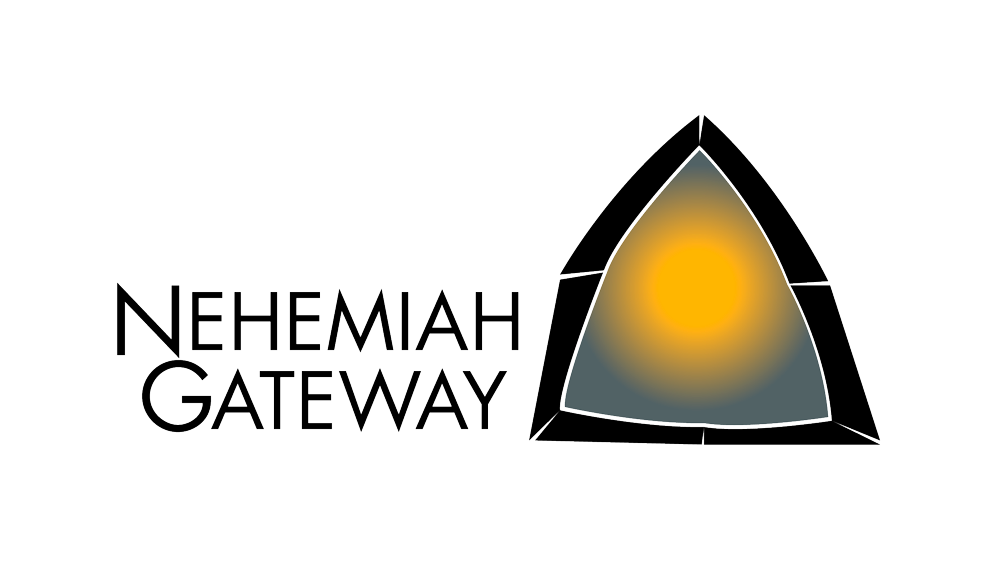FAQs
"How is NG financed?”
1. Voluntary contributions
- Financial donations (one-time and recurrent gifts)
- In-kind donations
- Voluntary work by experts with different professional backgrounds
2. Revenues generated by our services
We are able to charge contributions for various services on site. For instance in Albania, where educational fees are paid by students who can afford them. Students in low-income brackets are exempt from tuition fees through special support programs.
3. Asset management
By management of our own assets from an endowment and income from business operations we are able to generate a limited revenue which in turn covers all overheads and administrative expenses.
“How are financial donations used?”
As our overheads and administrative expenses are fully covered by our own means, therefore, 100% of all financial donations go directly into our projects. Not a single postage stamp or paperclip is paid for by your donated dollars.
“How is Nehemiah Gateway‘s spiritual ministry defined?”
Organizations within NG Team are non-governmental organizations based on Biblical values and a Christian worldview. Our desire is simply to reach out and help people in need all over the world. We strive to serve others regardless of their religious orientation, ethnic background or worldview.
“Why are there so many different organizations called ‘Nehemiah’?”
All these various organizations want to express their bond to the Biblical figure of the same name, Nehemiah, from the Old Testament. Nehemiah was a unique and outstanding leader in the history of the people of Israel. He rebuilt the city of Jerusalem after his return from exile. He was the figure behind the revolutionary undertaking involving not only the actual physical rebuilding of the city, but also the initiation of social reforms as well as the supervision of spiritual education and renewal.
“What is the difference between the Nehemiah organizations?”
The various organizations may differ in numerous ways, e.g. from their geographical location or target group to their primary focus of their work (i.e. education, social work, etc.).







